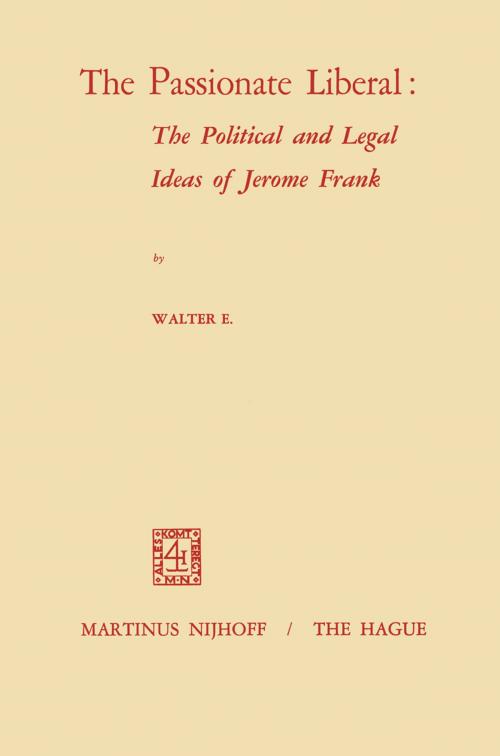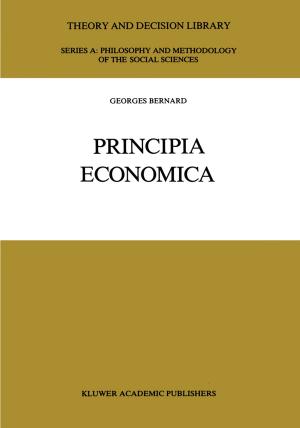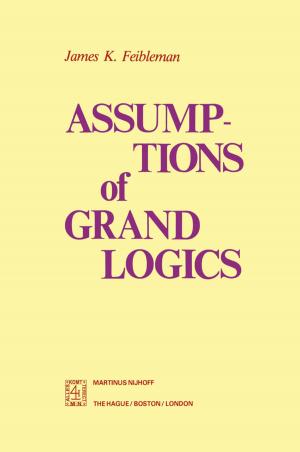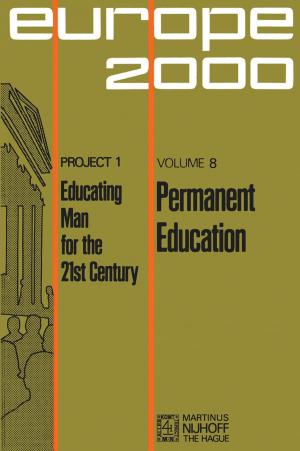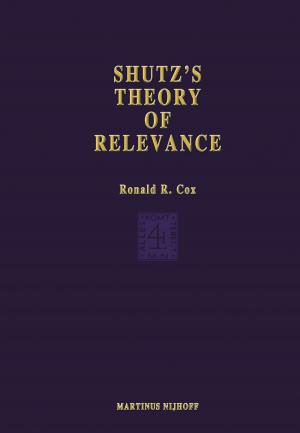The Passionate Liberal: The Political and Legal Ideas of Jerome Frank
The Political and Legal Ideas of Jerome N. Frank
Nonfiction, History| Author: | W.E. Volkomer | ISBN: | 9789401164290 |
| Publisher: | Springer Netherlands | Publication: | December 6, 2012 |
| Imprint: | Springer | Language: | English |
| Author: | W.E. Volkomer |
| ISBN: | 9789401164290 |
| Publisher: | Springer Netherlands |
| Publication: | December 6, 2012 |
| Imprint: | Springer |
| Language: | English |
Jerome Frank was one of the most important spokesmen for the generation of liberal intellectuals who came to maturity during the period of Franklin Roosevelt's New Deal. He was never a major figure in public life and thus never became a symbol of the period as did President Roosevelt, Henry Wallace, Harry Hopkins, or others whose positions made their views acces sible to the entire reading and listening public. While these men represented the popular view of the New Deal with its dedication to the elimination of the economic misery which beset the nation during the nineteen thirties, Frank may be the New Deal figure who most accurately summarized the intellectual currents of the period. As is the case with all thinkers, most of the ideas Frank presented in his books, articles, speeches, and in actual practice in governmental service were drawn from the works of other men. He brought together many diverse strains of thought, contributed some of his own ideas, and wove these to gether into a pattern which typifies the intellectual atmosphere that was the New Deal.
Jerome Frank was one of the most important spokesmen for the generation of liberal intellectuals who came to maturity during the period of Franklin Roosevelt's New Deal. He was never a major figure in public life and thus never became a symbol of the period as did President Roosevelt, Henry Wallace, Harry Hopkins, or others whose positions made their views acces sible to the entire reading and listening public. While these men represented the popular view of the New Deal with its dedication to the elimination of the economic misery which beset the nation during the nineteen thirties, Frank may be the New Deal figure who most accurately summarized the intellectual currents of the period. As is the case with all thinkers, most of the ideas Frank presented in his books, articles, speeches, and in actual practice in governmental service were drawn from the works of other men. He brought together many diverse strains of thought, contributed some of his own ideas, and wove these to gether into a pattern which typifies the intellectual atmosphere that was the New Deal.
